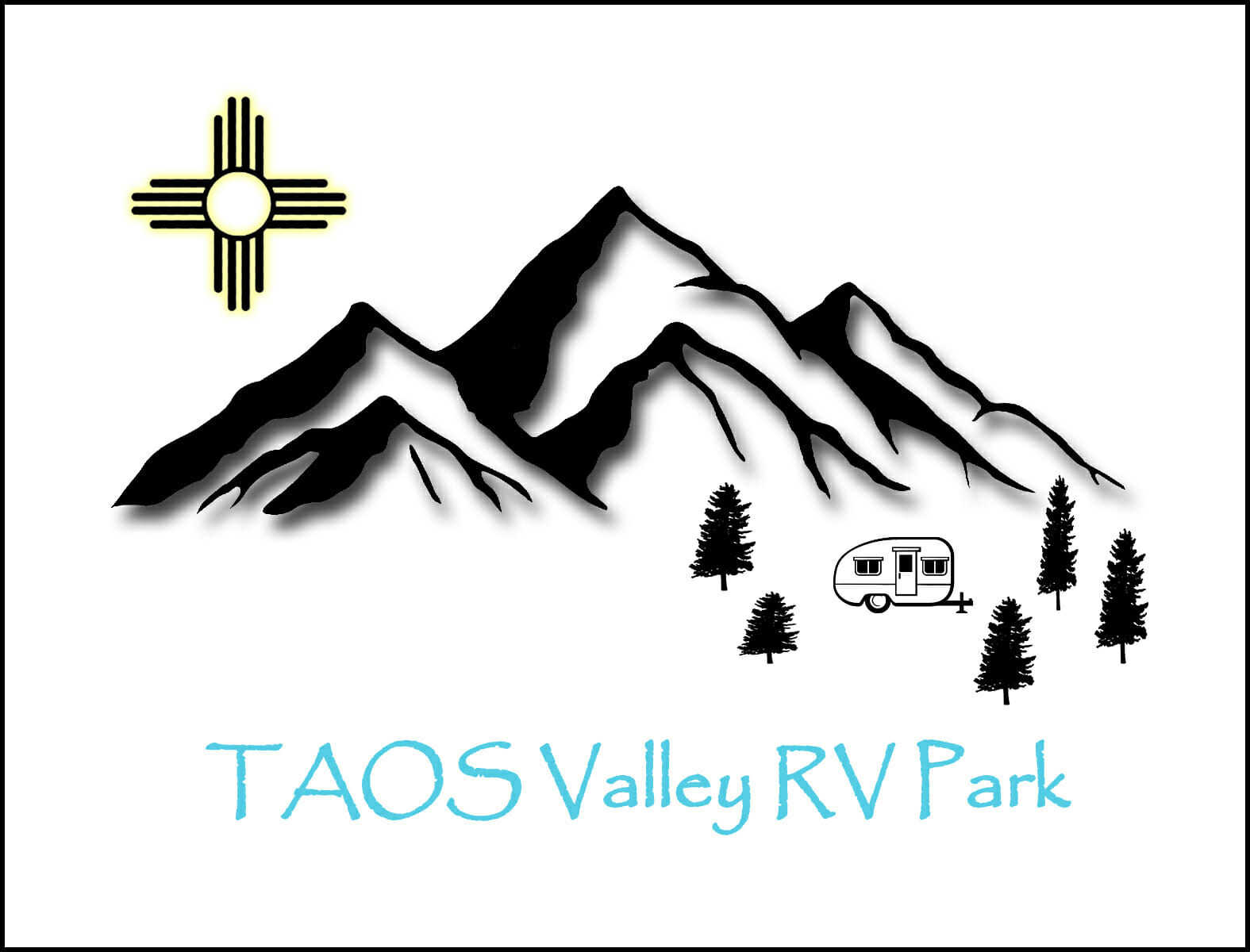Before we get into the different types of hookups, it’s important to note that most recreational vehicles are designed to let you go camping without them—this is called dispersed camping or boondocking. Your RV’s fresh water tank, 12-volt battery-operated appliances and holding tanks mean most RV campers can comfortably disconnect from utilities for a few days.
While not necessarily necessary, campground hookups improve comfort and can help you extend your stay. Most RV parks provide partial hookups or full hookups. Higher-end parks might even offer hookups for cable television and telephone lines.
Electric Hookups
Most RVs, including motor homes, fifth-wheels, and some travel trailers, use 50-amp power. Smaller RVs, such as pop-up campers and a majority of travel trailers, use 30-amp power. Most RV campgrounds will provide options for both types of hookups, but expect 50-amp power to be slightly more expensive because of the heavier load. Always double-check with your campground to make sure they have the type of electrical hookup your RV requires.
Water Hookups
You can expect to find water hookups at most campgrounds. These hookups allow you to connect your RV to the campground’s water supply, which could be the municipal water supply or a well. This water is considered potable, so you can safely use it for drinking, preparing food, bathing and other tasks.
Sewer Hookups
If your RV has running water, it has holding tanks for the used and dirty water. Gray water tanks store water from sinks and showers, while the black water tank stores sewage. These tanks typically have a large capacity, but they need to be emptied regularly. A dump station is where these holding tanks can be purged, but you must either drive your RV directly to the station or have a portable waste tank to move the contents.
Campgrounds with full hookups include a sewer connection right at your RV’s parking site. This allows you to purge the wastewater tanks without driving to a dump station.
Other Hookups
Deluxe RV campgrounds sometimes have cable television and telephone hookups, though these are becoming less common with the advancement of cell phones and streaming services. If you’re planning to use those streaming services, make sure your campground provides WiFi!
To summarize, campgrounds that include partial hookups typically have both electric and water hookups. Campgrounds with full hookups include electric, water, and sewer hookups. Always double-check to make sure your selected campground has the hookups you require before you book your stay!
